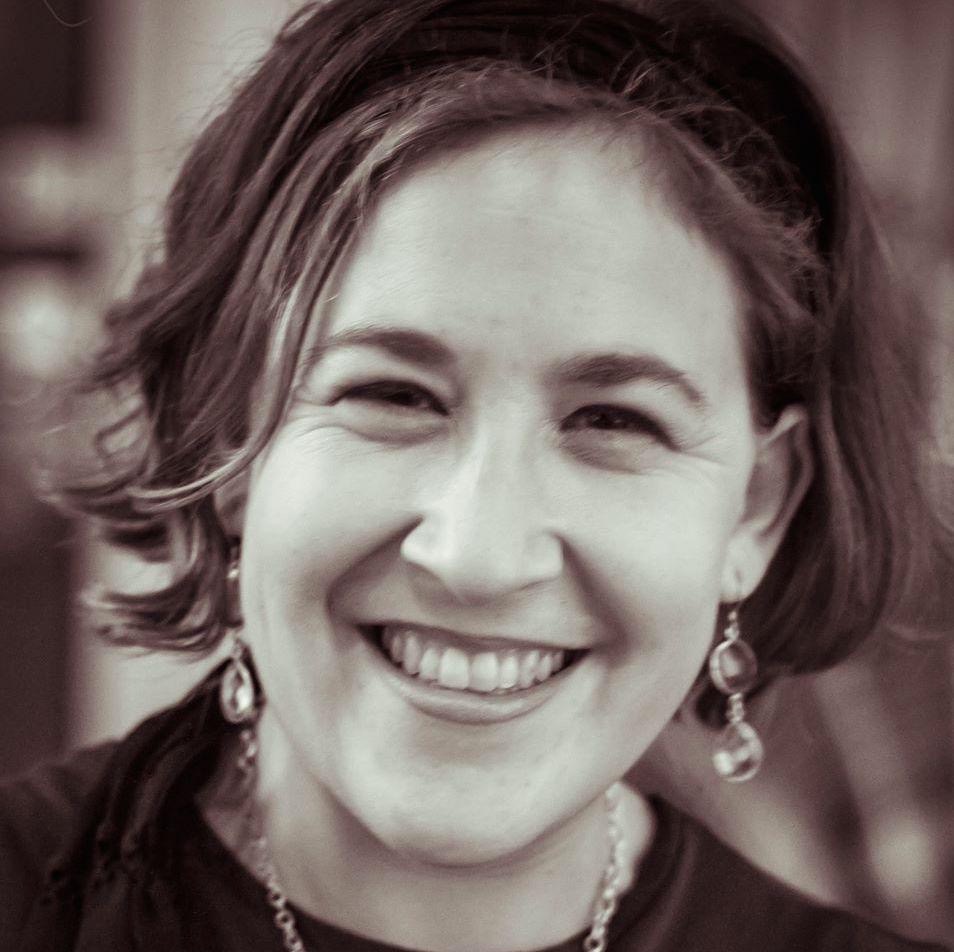 Protesters walk during the Women’s March on Washington, with the U.S. Capitol in the background, on January 21, 2017 in Washington, DC. (Photo by Mario Tama/Getty Images)
Protesters walk during the Women’s March on Washington, with the U.S. Capitol in the background, on January 21, 2017 in Washington, DC. (Photo by Mario Tama/Getty Images) We are a people certain the world is ending, the fervor of political discourse matched by our fears of the encroaching coronavirus. It’s been an especially difficult month for feminists, who had to face the fact that our country again will be run by a white man in his 70s for four more years.
Elections are fundamentally about our hopes and our fears, and the memes comparing our reaction to COVID-19 and to the climate crisis have helped me to understand how it could be that millennials are apathetic when it comes to seeing a woman in the White House, while being downright frenzied about Bernie Sanders’ revolution.
Our reaction to the climate crisis should be the same as our reaction to coronavirus, as the climate crisis is much, much more dangerous. But, until now it hasn’t been because humans are profoundly selfish, motivated largely by immediate, personal threat and maintaining personal comfort.
But, if you were taught about the climate crisis since kindergarten, and also set out to get your first job after the 2008 recession, then the environment and economic injustices are just that — immediate, personal threats — and those threats are more motivating than the championing of any given value, feminism included. But, I’d like to suggest that in this case, feminism is essential and different because of the 10,000-year-old link between the Earth and the feminine, and between women and objectification.
Feminism is essential and different because of the 10,000-year-old link between the Earth and the feminine.
In claiming the right to be seen and seen as human, women and slaves declare, “I am subject, not object. Stop trying to own me, to rape me, to legislate me based on how I make you feel. I am a person.” It is the greatest human revolution. It is hard fought, and not yet won.
Because of the self-centered nature of human attention, the feminist claim, which would turn 100% of humans into subjects worthy of equal rights and respect, is the setting in which we can best do this inner work of transformation. The planet is 51% female. Every time we demote a woman from subject to object, we reinforce the view that the world is mine for the taking. By contrast, when we repeatedly practice, in our homes and on our ballots, reminding ourselves that all people are subjects, we change from within. This is the internal shift (tikkun) that we must make to solve the climate crisis.
As a rabbi, I can say this best in the language of Torah, which imagines the creation of our world in two different ways. The first (Genesis 1) is a world of binaries, of us and them, in which the planet is here for our use. Humans in this view, conquer nature. And it is from this posture that men have ruled, and have dominated women, for the past 10,000 years. In the second (Genesis 2), the world is envisioned as a garden, and we are here to till it and to tend it. We are called to be caretakers of our majestic home.
The relationship of men to women was, and in most pockets of the world remains, the ultimate hierarchy. The rape of women is connected to the rape of the planet. Both are based on a posture that says, “I am sovereign! I take what I want, regardless of you, and of my impact on tomorrow.” If we want to transform our world from a junkyard to
a garden, then we must complete the feminist project.
And change is scary, and so human nature is to look away. But if we are going to heal our world, we must turn toward our terror, to see it for what it is. We can do this by observing our reactions to coronavirus, how willing we are to change our habits in order to stay safe. We don’t want to suffer or to die, and a (maximum estimate) 4% death rate is just about what human nature can handle before we become overwhelmed and turn away.
We’ve turned away from the climate crisis. And we’ve turned away from the unfinished work of feminism. It’s time for us to be brave and to see, if we want to survive.
Rabbi Sara Brandes is executive director of Or HaLev: Center for Jewish Spirituality and Meditation and rabbi-in-residence at Camp Alonim.























 More news and opinions than at a Shabbat dinner, right in your inbox.
More news and opinions than at a Shabbat dinner, right in your inbox.